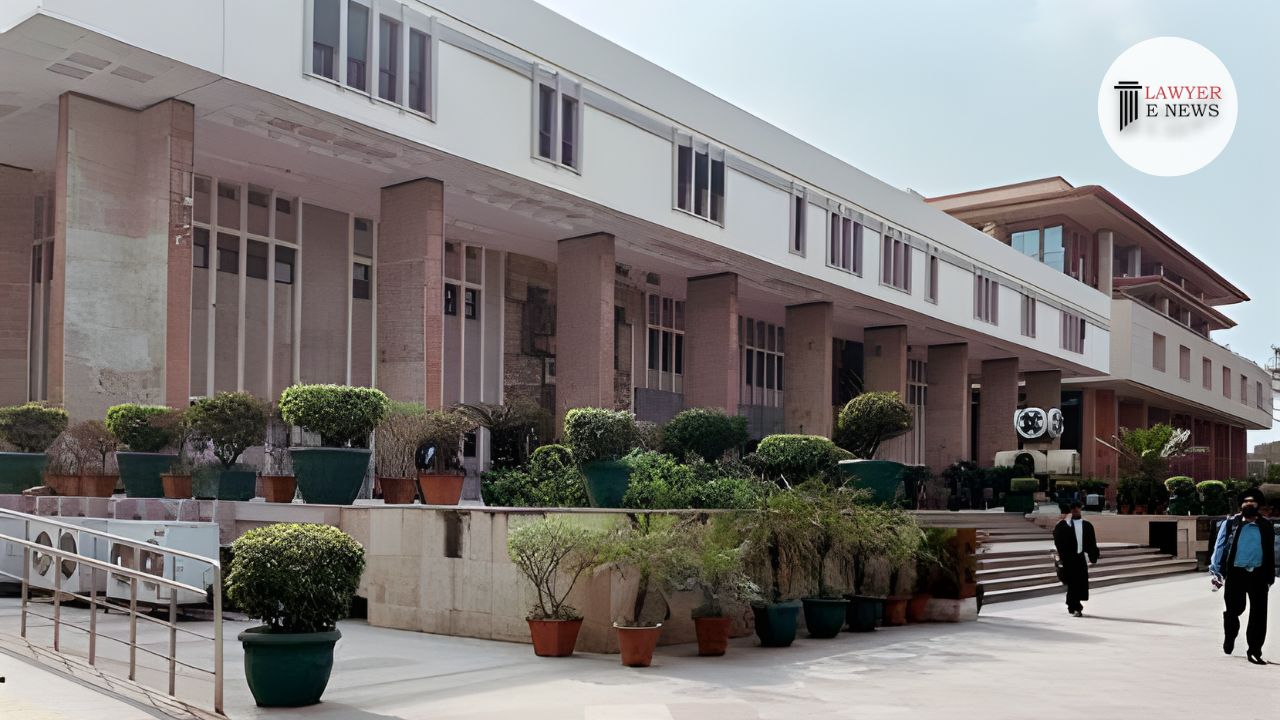-
by Admin
19 February 2026 3:14 PM



In a latest decision, the Delhi High Court has set a significant precedent in the interpretation of wills and partition of properties. The court, presided over by Justice Anup Jairam Bhambhani, ruled in favor of equal partition of a disputed barsati room and terrace, located atop the first floor of property C-316 in Defence Colony, New Delhi.
The dispute revolved around the interpretation of a will concerning the partition of property between Santosh Bhasin, the appellant, and the legal representatives (LRs) of late Umari Malhotra, the respondents. The original judgment deemed the suit time-barred but proceeded to the merits, interpreting the will to include the barsati room and terrace in the bequest to the defendant/respondents. However, the High Court overturned this decision.
Justice Bhambhani’s observation was pivotal: “The barsati room/terrace would go by intestacy equally to the appellant and the defendant/respondents.” This statement underscored the court’s interpretation that since the will was silent about the barsati room and terrace, these parts of the property should be treated as intestate property.
The court's decision hinged on the critical understanding that the will, while bequeathing the ground floor, motor garage, and first floor servants’ quarters to the appellant and the first floor to the defendant/respondents, did not mention the barsati room or the terrace. Consequently, the court ruled that these areas should be divided equally between the parties as intestate property.
In his judgment, Justice Bhambhani highlighted the importance of interpreting wills in a manner that reflects common sense and practical realities: “It is inconceivable that the testator would have thought that the construction upon the land would remain as-it-was during his lifetime, for all times to come.” This observation reflects the court’s rejection of any counter-intuitive interpretations of the will.
Date of Decision: 10 January 2024
SANTOSH BHASIN VS UMARI MALHOTRA DECD THR LRS
